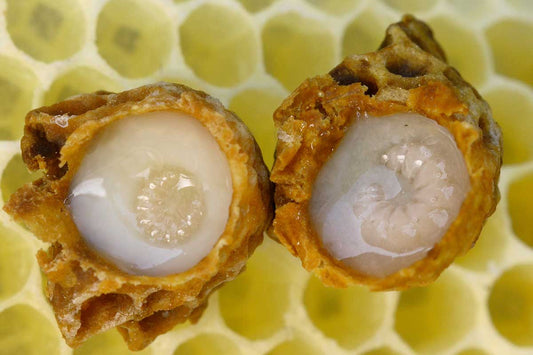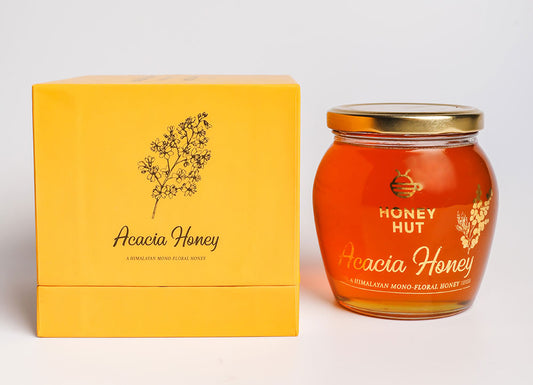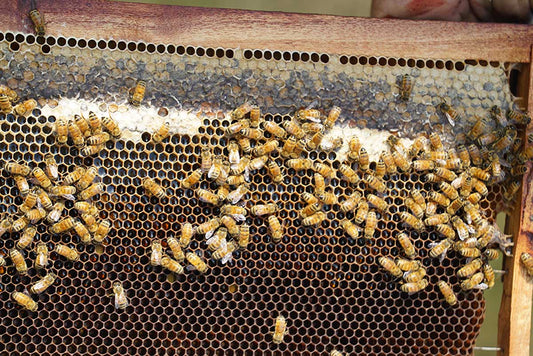Honey has a rich and fascinating history that spans back thousands of years. Throughout history, honey has been valued not just as a delicious food, but also for its medicinal and cultural significance. Let's take a look at the history and cultural significance of honey, from ancient times to modern-day cuisine.
In ancient times, honey was highly valued for its medicinal properties. It was used as a natural remedy for a range of ailments, including coughs, sore throats, and wound healing. The ancient Egyptians even used honey in the embalming process, as they believed it had preservative properties.
Honey also had cultural significance in many ancient societies. In Greek mythology, honey was considered a food of the gods and was often associated with immortality. The Greeks also used honey in their religious ceremonies, and it was often used as a sweetener in their cooking.
In medieval Europe, honey was used to make mead, a fermented beverage that was popular among the aristocracy. Honey was also used as a sweetener in cooking, as sugar was expensive and difficult to obtain.
In modern times, honey has become a staple in many cuisines around the world. It is used in a variety of dishes, from sweet to savory. In some cultures, honey is still used for its medicinal properties, and it is often used as a natural sweetener in place of sugar.
Honey has also become a symbol of sustainability and environmentalism. With the decline of bee populations worldwide, many people are turning to local beekeepers to support their communities and ensure a steady supply of honey.
In conclusion, honey has a long and fascinating history that spans back thousands of years. From its use as a natural remedy in ancient times to its cultural significance in many societies, honey has played an important role in human history. Today, honey remains an important part of many cuisines around the world, and it continues to be valued for its delicious taste and numerous health benefits.










